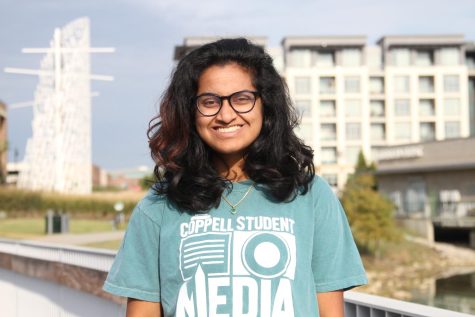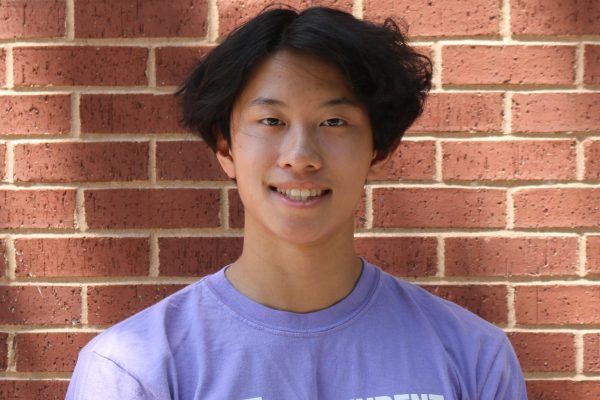District internet filter follows guidelines of federal law
Students, teachers can request sites made available for educational purposes
The Coppell ISD filter automatically filters out inappropriate websites based on grade level and the Lightspeed system. Websites can be unblocked if a student or teacher submits a help desk ticket and the district technology department can consider making it available.
April 25, 2022
In Coppell ISD, search filters are implemented on the district’s wireless networking. Law requires school districts that receive federal funding to adhere to the Children’s Internet Protection Act (CIPA) enacted in 2000. Still in place 22 years later, the law requires school districts to have a filter in place for their internet access.
“The filter itself works off of categories,” CISD executive director of technology Stephen McGilvray said. “There’s about 15 categories that are broad categories that websites are placed into.”
The filter was set in place to address the increasing concern about children’s access to inappropriate and harmful content while on a school campus.
Inside CISD, the district’s technology department takes responsibility for the implementation of this act. The department manages the setup and filter configuration, tying everything together to make the system work.The filter differs for each level of school. The maturity level of the content in each campus is determined by the curriculum of each school.
“It’s all determined by grade level and campus location to automate the process of the students being a member of the appropriate groups,” McGilvray said. “We can get granular with policy when we’ve got an elementary, middle school and high school policy.”
The Lightspeed system filters content based on the URL website in question. As a classroom management software, the content is put into different categories: Child Abuse Content, Proxy/Filter Avoidance, Gambling, Hacking, Pornography and a certain URL block list. The system then adds the website into their own database.
With the method set in place, the filtering system is very restrictive in nature, restricting certain websites that comply with the school’s guidelines.
“I understand that it is a necessity and why it’s there, but sometimes it’ll block me from finding something educational that I need for class.” Coppell High School English teacher Matthew Bowden said.
However restrictive the filter is, guidelines are put in place to ensure maximum security for the students and staff on campus.
“We have to be extremely careful with what we’re allowing to come into the building,” CHS Principal Laura Springer said. “It’s our job to make sure students don’t see things that they shouldn’t see while they’re in school.”
The process for getting a website unrestricted is based on whether or not the content itself is important for educational purposes. Students who want a website to be unrestricted can ask their teacher to submit a help desk ticket to the technology department in their school. If the content is deemed appropriate and educational, the website will be unblocked.
Social media, however, is unrestricted on official CHS related accounts.
“Facebook and Twitter are allowed at the high school level, but not at the elementary and middle school level,” McGilvray said. “At the end of the day, we’re relying on the mechanisms they have in place for inappropriate content.”
Even though the filter limits certain website usage, CISD is committed to keeping the school district safe and following federal guidelines.
“We have standards that we put in place of what our district will let us see and won’t see,” Springer said. “We’re an educational institution, so we have to make sure that we’re following the standards set forth by our legislature that governs our school systems.”
Follow Maya (@mvpalovalley) and @CHSCampusNews on Twitter.











